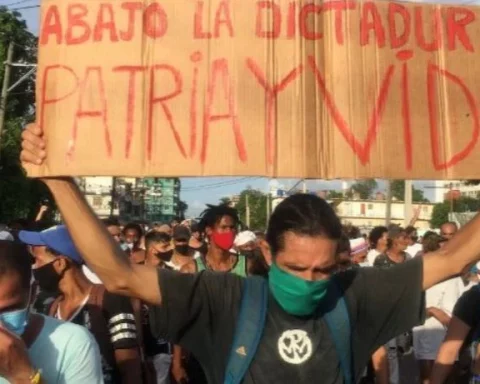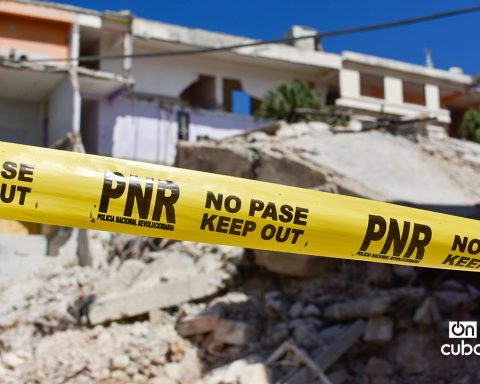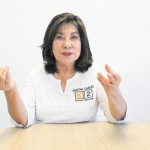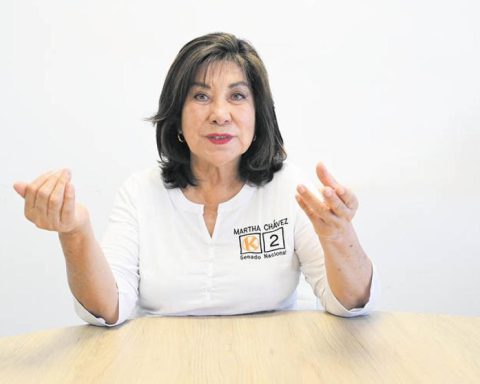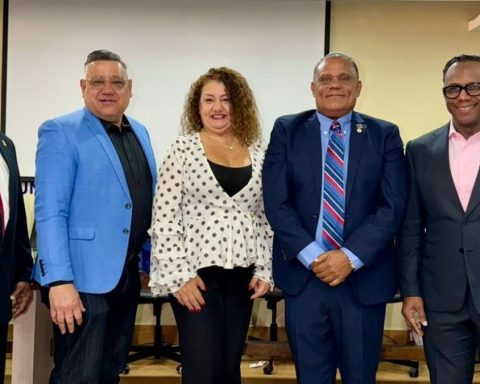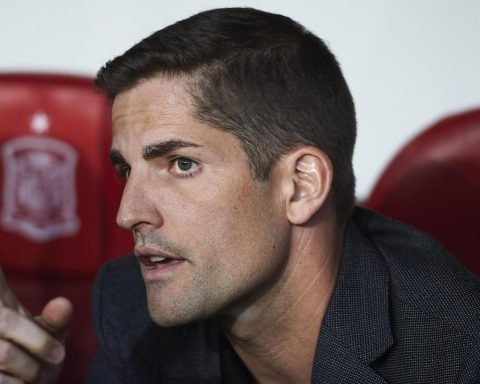Havana Cuba. – The essential thing in education is that it maintains an independent character of all doctrine and ideology, in order to develop creativity, logical reasoning and a critical perspective, in addition to cultivating responsibility as a human being and citizen. An education that is governed by such principles offers educated, competent, cooperative and enterprising students to society.
In the interesting history of private education in Cuba, a special mention falls on the Tomas Alva Edison Institute, located in the Havana neighborhood of La Víbora, which had an enrollment of just over 3,000 students, before being intervened by Fidel Castro. This school had as its premise the creation of responsible students capable of acting for themselves, a purpose that defines the spirit of an education system in which many Cubans were trained.
Founded on November 4, 1931 by the seven Rodríguez de Gutiérrez brothers -all dedicated to teaching-, the Institute was named in honor of the American inventor, scientist and businessman Thomas Alva Edison, whose discoveries had impressed distinguished Cubans such as José Martí and Enrique Jose Varona.
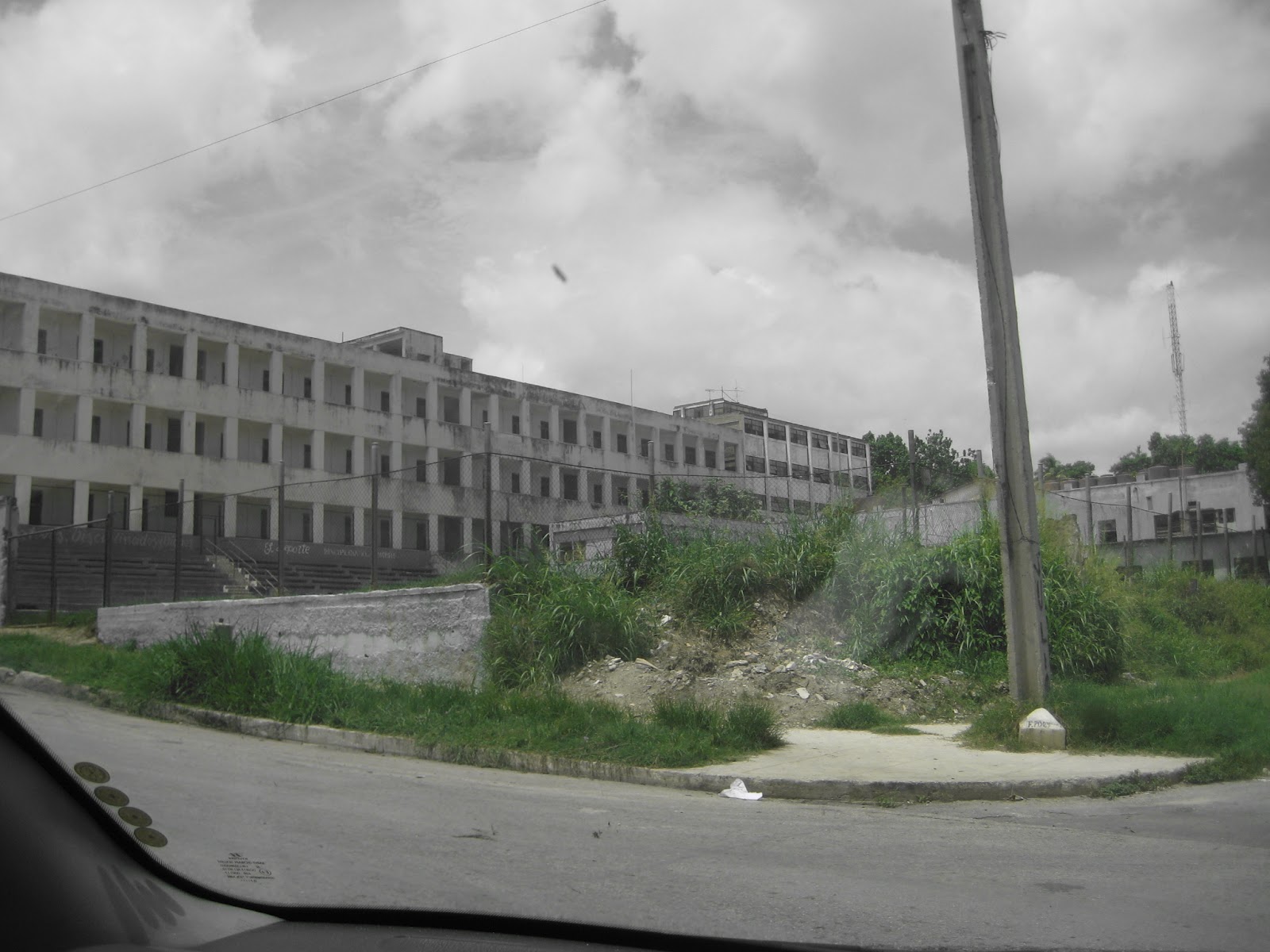
The Institute became one of the best secular schools in the country, disputing this distinction with other entities of its type, such as the La Salle school, in El Vedado; the Piarists of Guanabacoa, Havana and La Víbora; the Marists of La Víbora; the Ursulines and Our Lady of Pilar and others.
At the Edison Institute, both academic and sports performance were zealously cared for; the teaching of English was rigorous, as were the studies of music and plastic arts. Furthermore, the practical learning of commerce and finance was promoted, all of this under the method of learning by doing and not by heart, a terribly harmful habit that became entrenched in the indoctrinated instruction of Cubans starting in 1959.
Talking about the Tomás Alva Edison Institute is talking about democracy, order and open dialogue. It is talking about practical and objective teaching, but also about respect for culture, history and traditions.




